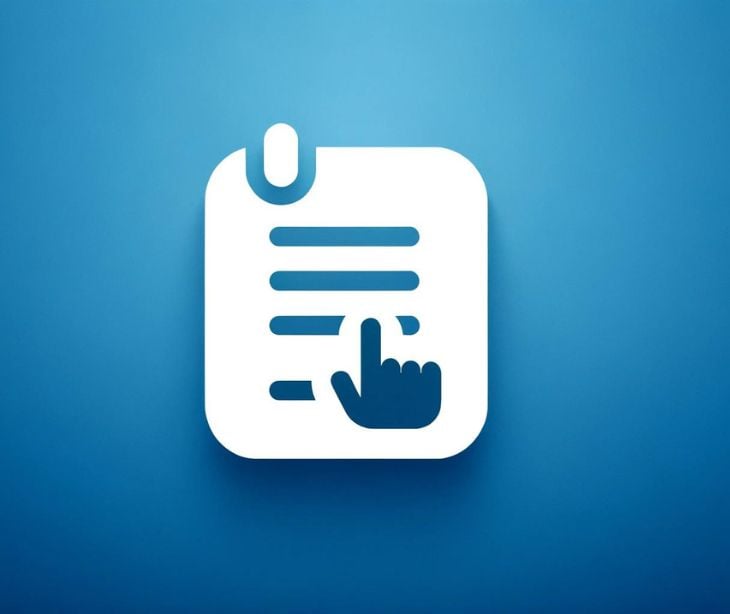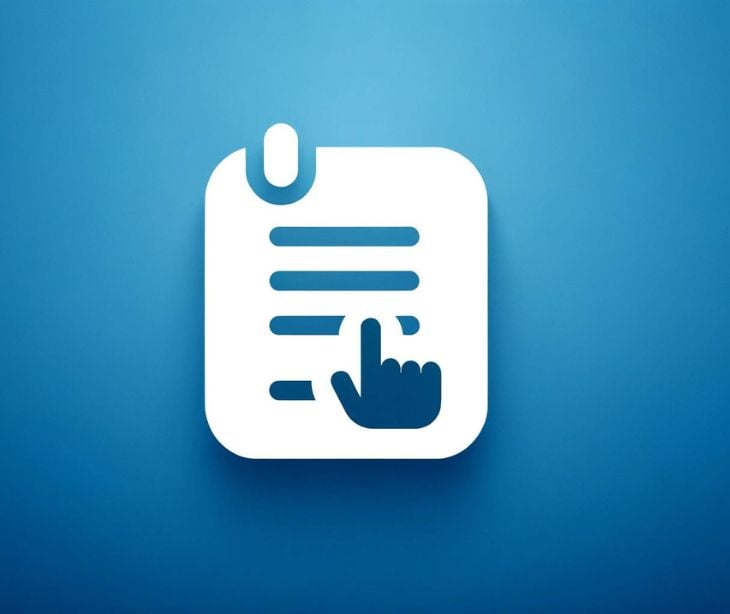2 min read
Protect mental health diagnostic data with HIPAA compliant forms
Caitlin Anthoney August 08, 2024

Mental health professionals often use the Diagnostic and Statistical Manual of Mental Disorders, Fifth Edition, Text Revision (DSM-5-TR) when diagnosing and treating mental health conditions. HIPAA compliant forms tailored to the DSM-5-TR can help mental health professionals improve the documentation process while securing patients' mental health information.
What is the DSM-5-TR?
“The Diagnostic and Statistical Manual of Mental Disorders (DSM) is the handbook used by health care professionals in the United States and much of the world as the authoritative guide to the diagnosis of mental disorders,” explains the American Psychiatric Association (APA).
It includes standardized guidelines so providers can “communicate about their patients and [ensure] consistent and reliable diagnoses that can be used in research on mental disorders.” The DSM-5-TR (text revision) is also regularly updated as mental health research evolves.
Should the DSM-5-TR be HIPAA compliant?
The DSM-5 itself does not need to be HIPAA compliant because it’s a diagnostic manual and not a method of data transmission or storage.
However, forms, documentation, or electronic health records (EHRs) that use DSM-5-TR diagnoses must be HIPAA compliant. So, providers must use a HIPAA compliant platform, like Paubox, when recording or sending mental health diagnoses.
Benefits of using HIPAA compliant forms for DSM-5-TR
Protecting patient privacy
HIPAA compliant forms safeguard patients’ protected health information (PHI), including mental health information.
More specifically, HIPAA compliant forms encrypt data during rest and in transit, preventing unauthorized access. It also uses audit trails so mental health professionals can keep detailed logs of who accessed the data and when. So, providers can securely share DSM-5-TR diagnoses and treatment plans with other healthcare professionals involved in the patient's care.
Additionally, using HIPAA compliant forms ensures compliance with federal regulations, mitigating the risk of costly fines and legal consequences of potential data breaches.
Consistency
Mental health professionals can tailor HIPAA compliant forms to their workflows, ensuring consistency in documentation and record-keeping.
More specifically, using a HIPAA compliant form to record diagnoses can help different providers keep the same standards when recording patient information to improve data accuracy.
Streamline workflows
HIPAA compliant forms can be integrated into EHRs to reduce paperwork and improve efficiency in managing patient information. It allows mental health professionals, like psychiatrists, to access a patient's medical history and treatment notes in one platform, streamlining the diagnostic process while protecting patient privacy.
Remote care
HIPAA compliant forms allow mental health professionals to conduct certain assessments and follow-ups remotely, expanding access to care.
For example, if a psychiatrist suspects a patient has major depressive disorder, they can ask the patient questions about their mood, sleep patterns, appetite, and energy levels during a video call. The psychiatrist can then complete the DSM-5-TR assessment form electronically, ensuring that all information is securely stored and meets HIPAA regulations.
Read also: HIPAA Compliant Email for Mental Health Professionals
FAQs
Do HIPAA compliant forms require special training to use?
No, covered entities can use a HIPAA compliant platform, like Paubox, which offers user-friendly interfaces and intuitive design elements that make it easy to navigate and complete the forms.
Are HIPAA compliant forms customizable?
Yes, HIPAA compliant forms can be customized to meet the specific needs of healthcare organizations while protecting patient privacy.
Can HIPAA compliant forms be used to collect non-health-related information?
Yes, HIPAA compliant forms can be adapted for different purposes, like gathering contact information or demographic data.
Subscribe to Paubox Weekly
Every Friday we'll bring you the most important news from Paubox. Our aim is to make you smarter, faster.



